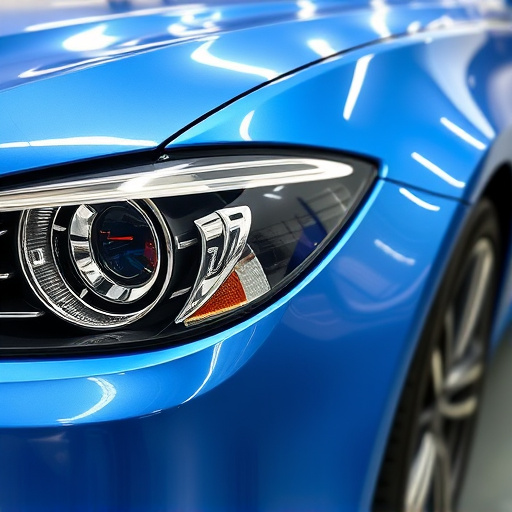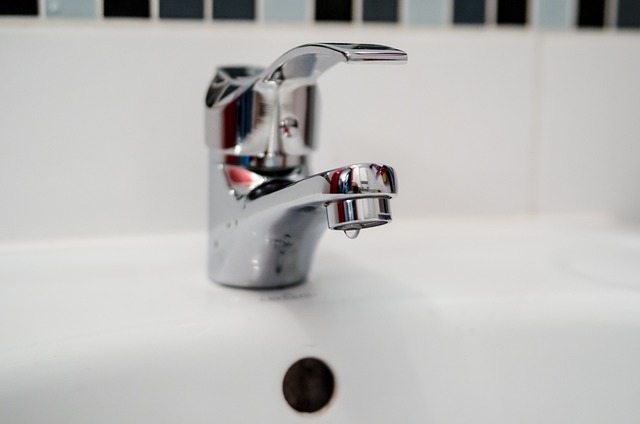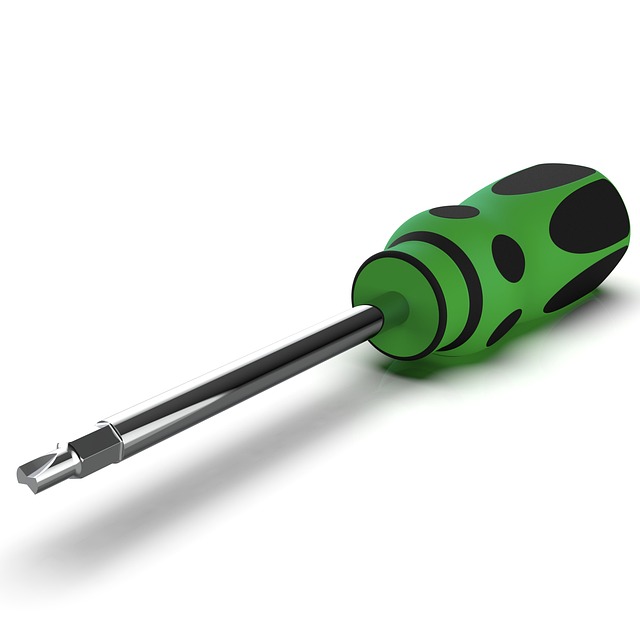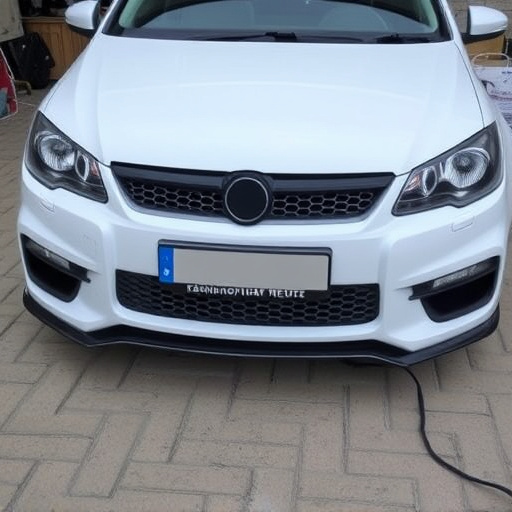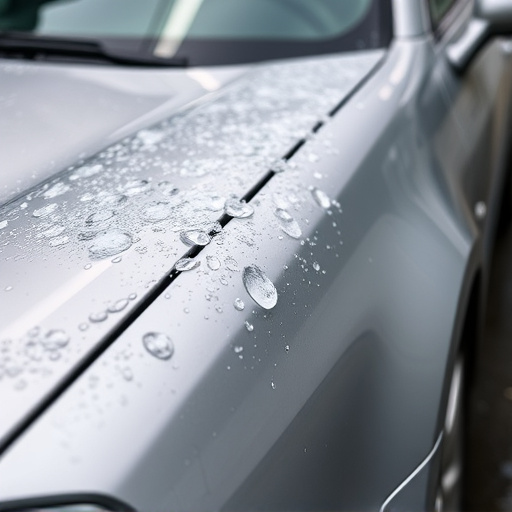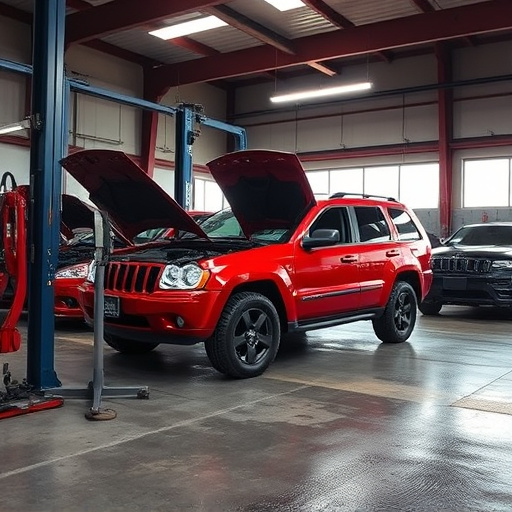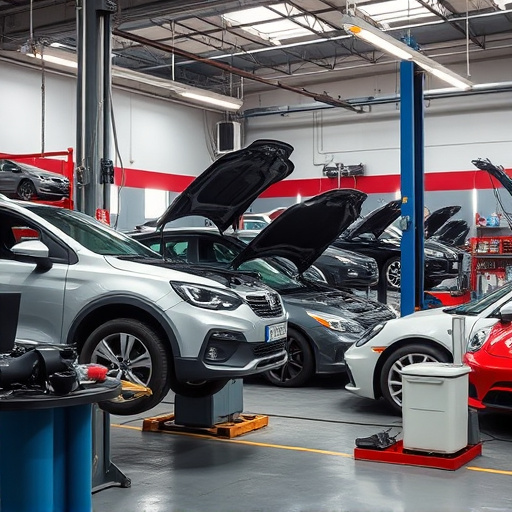In the rapidly growing EV market, repair quality verification (RQV) is crucial for safety and customer satisfaction. Meticulous inspections and functional testing ensure battery systems, motor components, and other complex parts meet strict standards. Rigorous RQV enhances brand loyalty, streamlines repairs, reduces costs, minimizes downtime, and fosters consumer trust, positioning EVs for competitive growth in the future.
In the rapidly evolving electric vehicle (EV) industry, ensuring repair quality verification is paramount. As EVs gain prominence, the need for precise, reliable repairs grows increasingly critical. This article delves into the significance of repair quality verification in EV repairs, exploring key aspects that underpin effective assessment and highlighting its profound benefits for shaping the future of the industry. Understanding these elements is essential to maintaining high standards and fostering consumer trust.
- Understanding Repair Quality Verification Necessity in EVs
- Key Aspects of Effective EV Repair Quality Assessment
- Benefits and Impact on Electric Vehicle Industry's Future
Understanding Repair Quality Verification Necessity in EVs

In the rapidly evolving electric vehicle (EV) market, ensuring the quality of repairs is more critical than ever. Repair Quality Verification (RQV) plays a pivotal role in maintaining the safety, performance, and longevity of EVs. As EV technology advances, so do the complexities of repairs, making it essential to have rigorous verification processes in place. Unlike traditional automotive restoration or even specialized car collision repair, EV repairs demand a deeper level of precision and knowledge due to their sophisticated electrical systems, advanced battery packs, and unique propulsion mechanisms.
The necessity for RQV arises from the desire to uphold the high standards set by EV manufacturers. With the increasing popularity of electric vehicles, there is a growing need for qualified technicians who can handle repairs effectively without compromising safety or efficiency. By implementing comprehensive RQV procedures, repair shops can identify potential issues early on, ensuring that every component, from auto glass repair to intricate electrical wiring, meets the strict specifications required for optimal EV performance. This, in turn, contributes to the overall reliability and satisfaction of EV owners.
Key Aspects of Effective EV Repair Quality Assessment

In the realm of electric vehicle (EV) repairs, ensuring precise and high-quality work is paramount to maintaining safety standards and customer satisfaction. Effective EV repair quality assessment involves a meticulous examination of several key aspects. First and foremost, comprehensive visual inspections are crucial to identifying any visible defects or damage, such as those resulting from fender repair or hail damage repair. These assessments should encompass both exterior and interior components, including battery systems, to ensure all repairs meet the required specifications.
Moreover, functional testing is an indispensable component of repair quality verification. This includes checking essential systems like tire services, brakes, lighting, and charging capabilities. By verifying the functionality of these systems, technicians can confirm that EV repairs are not just visually appealing but also safe and reliable. Additionally, leveraging advanced diagnostic tools tailored for electric vehicles ensures accurate assessments and facilitates the early detection of potential issues, enhancing overall repair quality.
Benefits and Impact on Electric Vehicle Industry's Future

The implementation of rigorous repair quality verification processes is a game-changer for the electric vehicle (EV) industry, setting the stage for its future growth and sustainability. As EV technology continues to advance, ensuring the highest repair standards becomes increasingly vital. This is especially true for complex systems like battery packs and motor components, where even minor defects can have significant implications. By adopting robust verification methods, repair shops can identify and rectify issues that might go unnoticed during standard repairs. This not only enhances vehicle safety but also preserves the integrity of EV data, ensuring these high-tech machines function optimally.
In the broader context, consistent repair quality verification fosters consumer trust in the industry. When owners know their vehicles are being meticulously repaired, they are more likely to stay loyal to the brand and advocate for its use. This is particularly relevant as we navigate a future where EV adoption rates are on the rise. Moreover, effective verification processes can streamline repair workflows, reduce costs, and minimize downtime, making fender repair, collision repair, and vehicle dent repair more efficient and accessible. These benefits collectively contribute to the EV industry’s ability to compete with traditional internal combustion engine vehicles and secure a prominent position in the market of tomorrow.
In conclusion, implementing robust repair quality verification processes is paramount for the growth and reliability of the electric vehicle (EV) industry. By adopting effective assessment methods, as outlined in this article, workshops can ensure superior EV repairs, enhance customer satisfaction, and contribute to a more sustainable transportation future. This attention to detail and quality will ultimately shape the industry’s reputation and drive its success.



